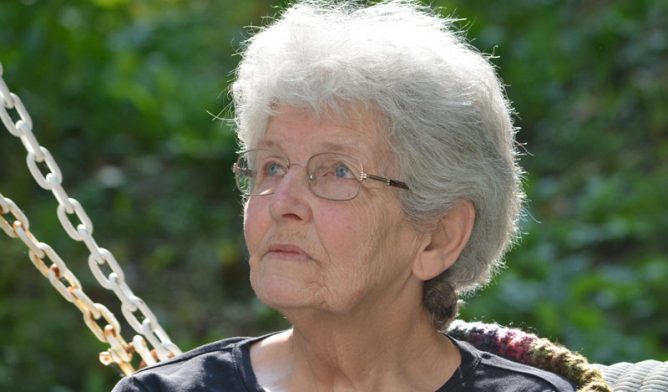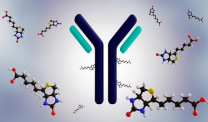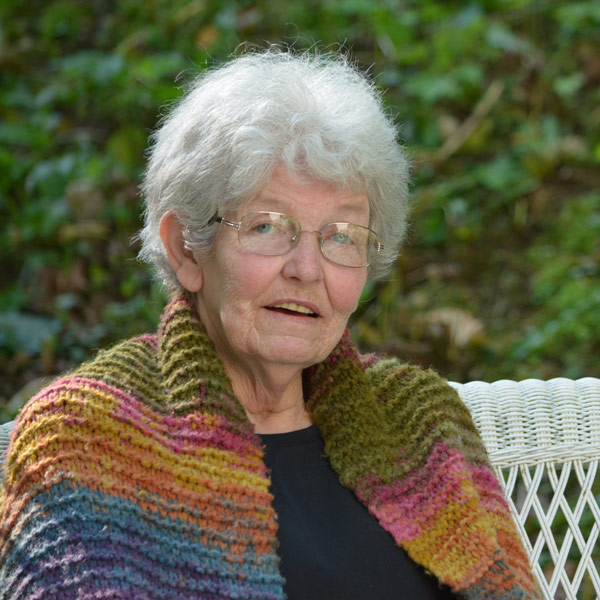What Mesothelioma Awareness Day Means to a Survivor
Awareness & ResearchWritten by Emily Ward | Edited by Walter Pacheco

When I was diagnosed with mesothelioma seven years ago, I barely knew anything about the rare cancer.
I had spent 43 years working as a registered nurse, but never once came across a mesothelioma patient.
My awareness of the cancer was limited to legal advertisements asking if I or a loved one was diagnosed with mesothelioma. I knew the disease was caused by asbestos and that it mostly affects blue-collar men, but that was about it.
It wasn’t until my diagnosis in August 2012 when I started researching mesothelioma. I quickly began searching for what I needed to know.
How is this cancer treated? What cancer centers specialize in treating it? Which doctor would I trust to hopefully save my life?
Through research and self-advocacy, I found my way from my hometown of Cornish, Maine, to Brigham and Women’s Hospital in Boston, home of the prestigious International Mesothelioma Center. I became a surgical patient of Dr. David Sugarbaker, who was affectionately known as “Mr. Mesothelioma” before his tragic death in 2018.
I later went through three rounds of chemotherapy, countless scans and now immunotherapy infusions under the guidance of Dr. David Jackman at Dana-Farber Cancer Institute.
As someone who spent 43 years in medicine and lived seven years with this cancer, I still don’t know everything there is to know about mesothelioma. I’m still learning to this day.
September 26 marks Mesothelioma Awareness Day, something I didn’t know existed until I became an advocate for other survivors last year. That alone shows how much work still needs to be done.
My hope is that more people educate themselves about mesothelioma and the dangers of asbestos exposure. More awareness can bring more funding. More funding brings more research. More research can hopefully find a cure for this rare cancer.
Mesothelioma Awareness Should Occur Every Day
Dedicated days such as Mesothelioma Awareness Day is a step in the right direction, but we need more people talking about this cancer the other 364 days of the year.
Sometimes I feel discouraged because mesothelioma is only diagnosed in about 3,000 patients each year. Since there are so few of us, we are not a priority on our own.
The upside is that, in some cases, we are being grouped with lung cancer patients in clinical trials, which seems to be opening doors for new treatments.
Mesothelioma is commonly misdiagnosed. I was fortunate that my cancer was caught fairly quickly. Others aren’t so lucky.
I think there needs to be a public awareness message that gets people thinking about their illness and if it is being diagnosed correctly.
Unfortunately, I feel there are more cases of mesothelioma each year than what is being diagnosed around the country.
Continuing to raise awareness — every single day — is how we can combat misdiagnosis, further educate the medical community and no longer rule out mesothelioma as a possibility.
More Awareness Starts with Self-Advocacy
I have four brothers, including one who was in the Navy and one who is a longtime plumber — both high risk occupations for asbestos exposure.
Thankfully, they haven’t had to face mesothelioma. Since my diagnosis, I constantly urge them to get regular screenings and checkups. It’s important to be on top of your own health at all times.
I learned quickly the importance of being your own advocate. You have to put in the time and research and ask the right questions to your medical team in order to make the best decision for your health and quality of life.
This is especially the case for a rare cancer such as mesothelioma. Top specialists are few and far between. I drive four hours round trip to Boston each month for Keytruda infusions and follow-up scans.
Why? I evaluated my health care options in my home state of Maine, and I decided it was in my best interest to seek treatment out of state at one of the best mesothelioma centers in the country.
I trusted Dr. Sugarbaker, and I trust Dr. Jackman. Having trust in your oncologist is invaluable in cancer care.
Quality of life is what’s most important to me. I’ve been gifted seven years I wasn’t promised, but it’s essential that those were quality years. Dr. Jackman understands this and works with me to make the best treatment decisions for me.
It’s ultimately what I choose to do, not what I’m told to do. That’s important.







